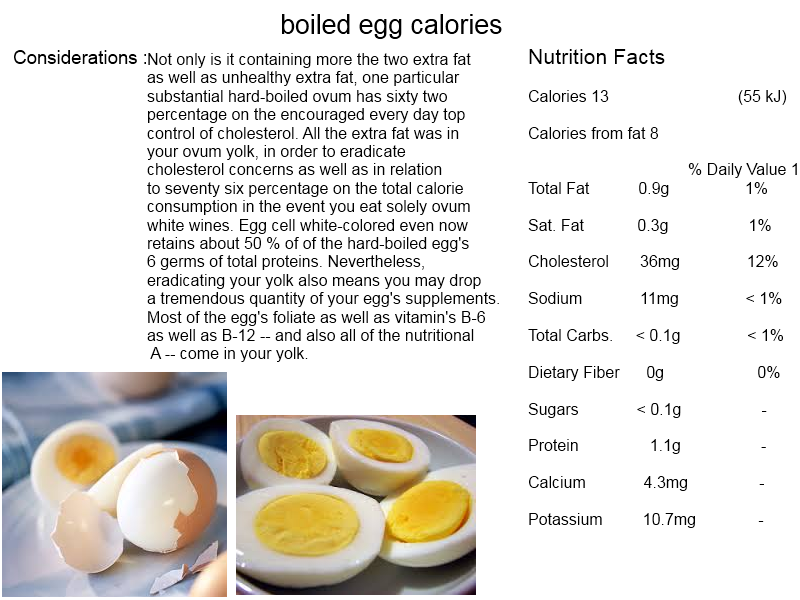
The FDA considers any food to be a good source of lean protein if it contains "less than 10 grams total fat, 4.5 grams or less saturated fat, and less than 95 milligrams cholesterol" per serving.


You end up getting more protein for more than half the calories when you opt for egg whites over whole eggs. If you wanted to consume between 7 and 8 grams of protein, you could either eat 2 egg whites for 38 calories (8 grams of protein) or 1 whole egg for 80 calories (7 grams protein). If you're on a diet and you want to decrease your calorie intake, egg whites can be a good substitute for whole eggs. One extra-large egg white is 19 calories and one extra-large egg yolk is 61 calories. Because fat contains more calories per gram (9 calories/gram fat) than protein (4 calories/gram protein), egg whites are lower in calories than egg yolks. The yolk is the home of nearly all of an egg's fat content. If egg yolks also contain protein, what is the benefit of only eating egg whites?Įven though yolks have nearly as much protein as egg whites, the reason egg whites earn most of the protein recognition is that they are lower in calories than yolks.

Eating just 1 egg white would mean you're only consuming 4 grams of protein instead of the 7 grams of protein from a whole extra-large egg. In short: if you want to reap all the protein benefits of one egg, you'll need to consume the entire egg, both the yolk and white. BK printed coupons not valid on online orders. In an extra-large egg with a total of 7 grams of protein, the protein content of the yolk and white will be split like this: Product availability, prices, offers and discounts may vary from in-restaurant. If you scramble an egg with a teaspoon of butter (no milk), or fry it. Yolks also contain a significant amount of protein in an egg. The average medium-sized egg, boiled or poached, still only contains around 66 calories. Where is egg protein?Įgg whites tend to get all the credit when it comes to egg protein, but they're actually not the only source of protein in an egg. No matter how you cook an egg- poached, omelet, scrambled, fried, and hard-boiled-it will have about 6.3 grams of protein per large egg. In other words, each egg is just under 13 percent pure protein. Irrespective of the size, one egg contains 125 milligrams of protein per gram. 1 Jumbo egg (63 grams): 7.9 grams protein.1 Extra-large egg (56 grams): 7.0 grams protein.1 Large egg (50 grams): 6.3 grams protein.1 Medium egg (44 grams): 5.5 grams protein.1 Small egg (38 grams): 4.8 grams protein.There may be one time you want to go white only: “If you’re really trying to cut back on your calories, you can eat the egg white,” she adds-although she stresses that you will also miss out on key vitamins and minerals. The nutrient benefits of the whole egg are far more valuable,” she says. She explains that while people used to fear the cholesterol content in the yolk, “the truth is that eating cholesterol does not raise blood levels of cholesterol.

An egg white isn’t healthier than a whole egg,” says Amy Goodson, R.D., a sports dietitian in Dallas, Texas. Eggs contain limited amounts of carbs/sugars, and a large hard-boiled egg of 50 grams is loaded with no more than 0.56 grams of carbs. So what's healthier-egg whites or whole eggs? Fats in eggs are derived from the yolk portion, and a single boiled egg of 50 grams includes about 5.3 grams of fat and 186 milligrams of dietary cholesterol. That's a lot of bang for your caloric buck. It's the egg yolk that contains the fat and most of the calories, sure-but that's where you'll find 10 percent of your recommended vitamin D intake, 12 percent of your recommended folate intake, and nearly 20 percent of your recommended vitamin A needs. However, as you can see from the below, egg whites don’t contain much besides protein: Meaning you can eat a lot of them for tons of filling protein, without going overboard on your calories. 17 Super-Filling Snacks Nutritionists LoveĪs for how many calories are in egg whites? Just 17, as opposed to 72 calories per whole, large egg.


 0 kommentar(er)
0 kommentar(er)
